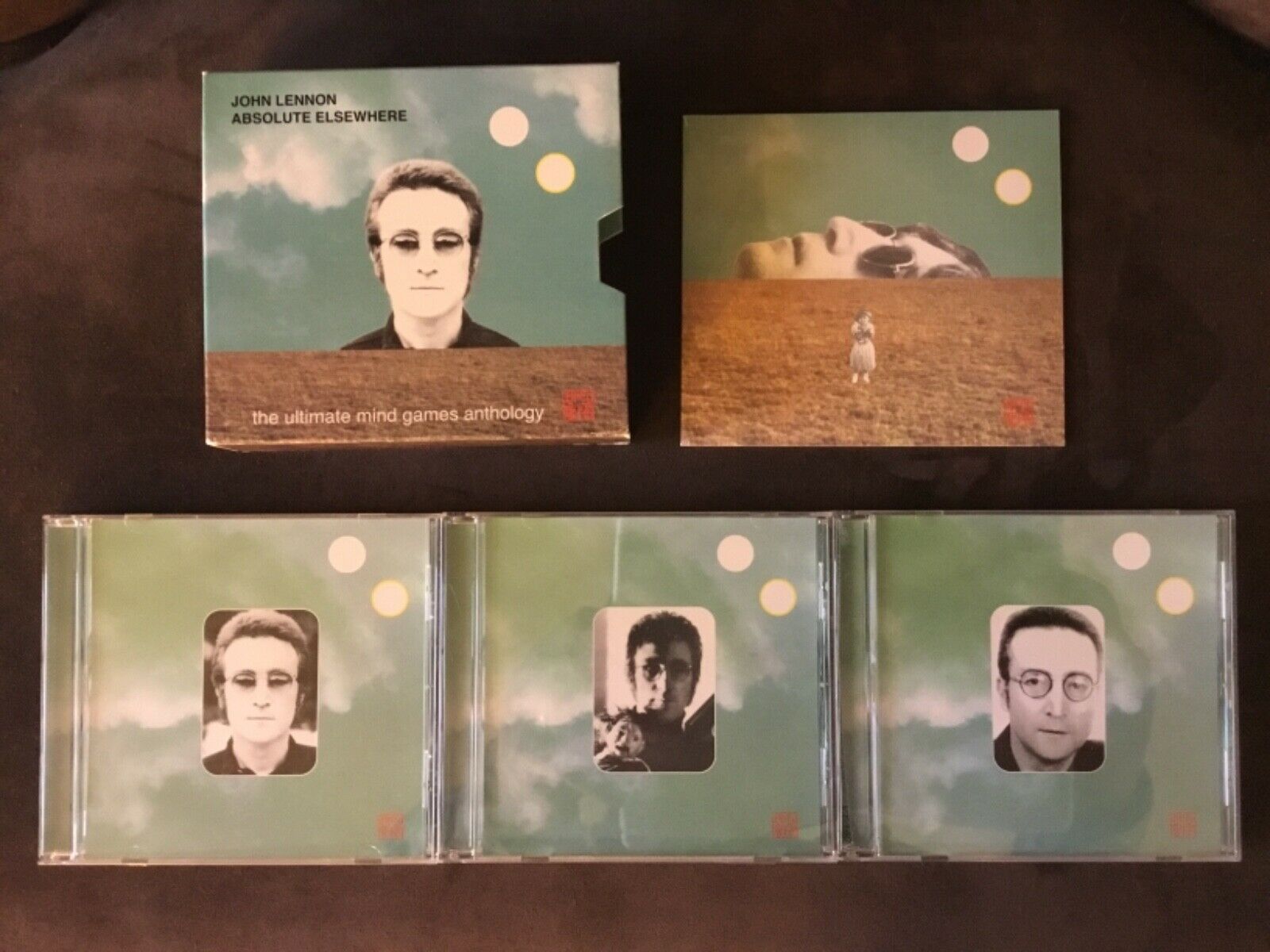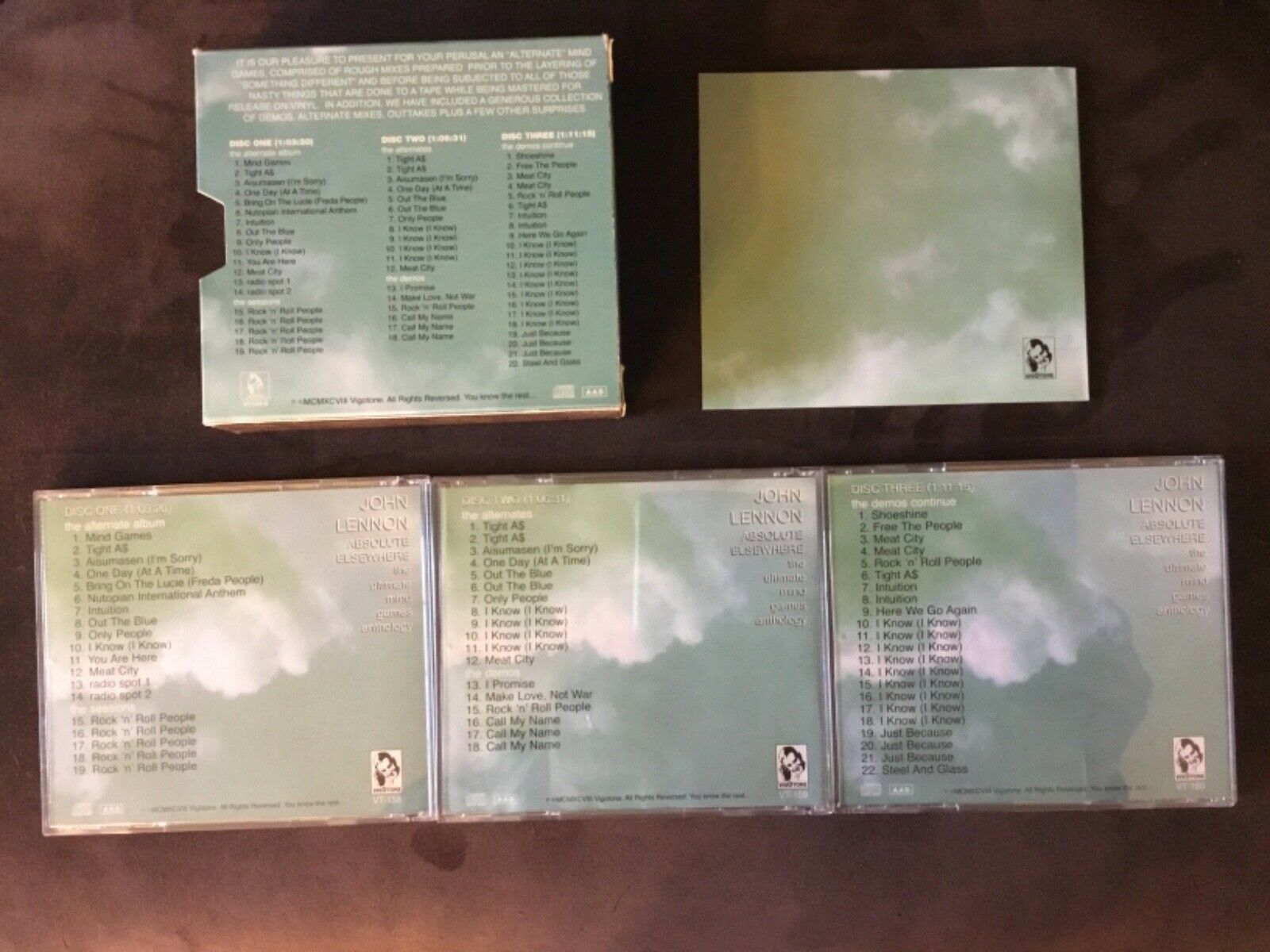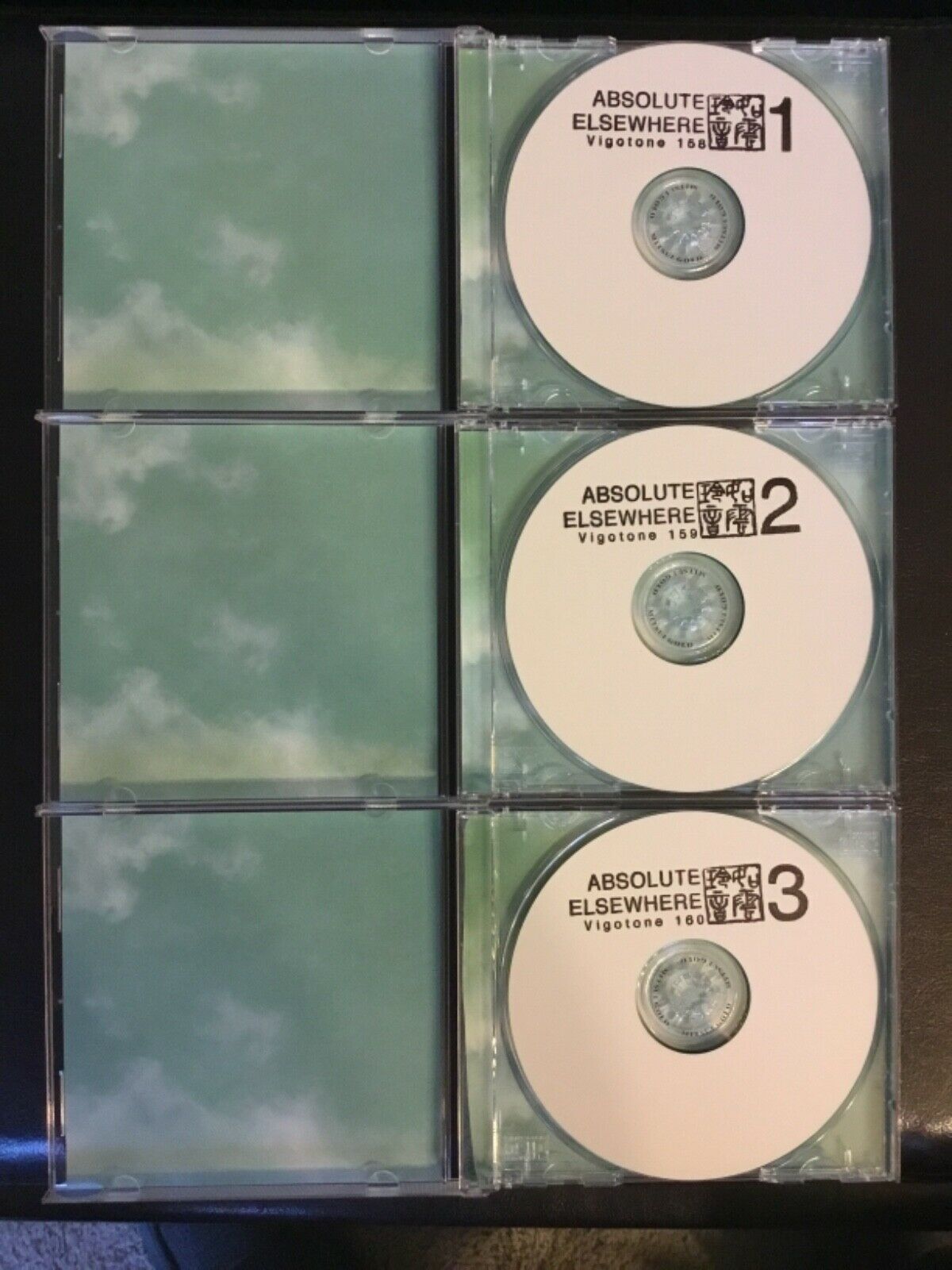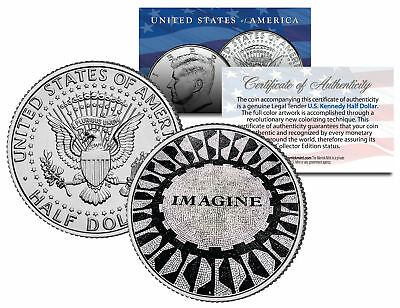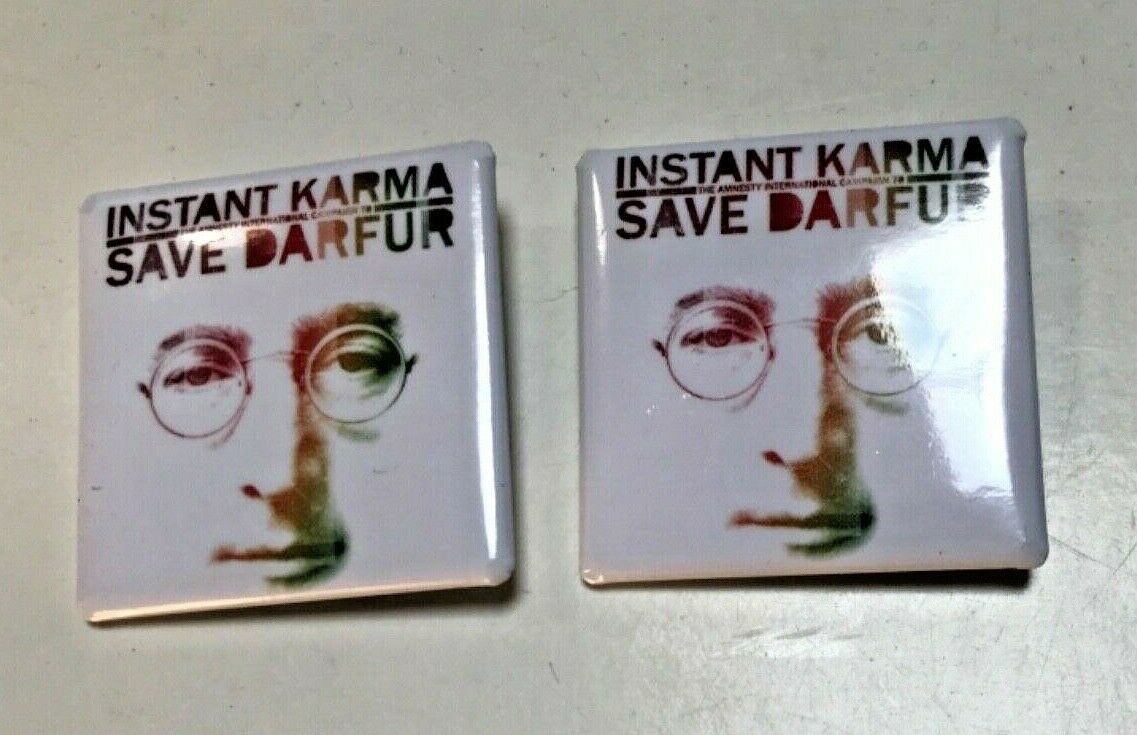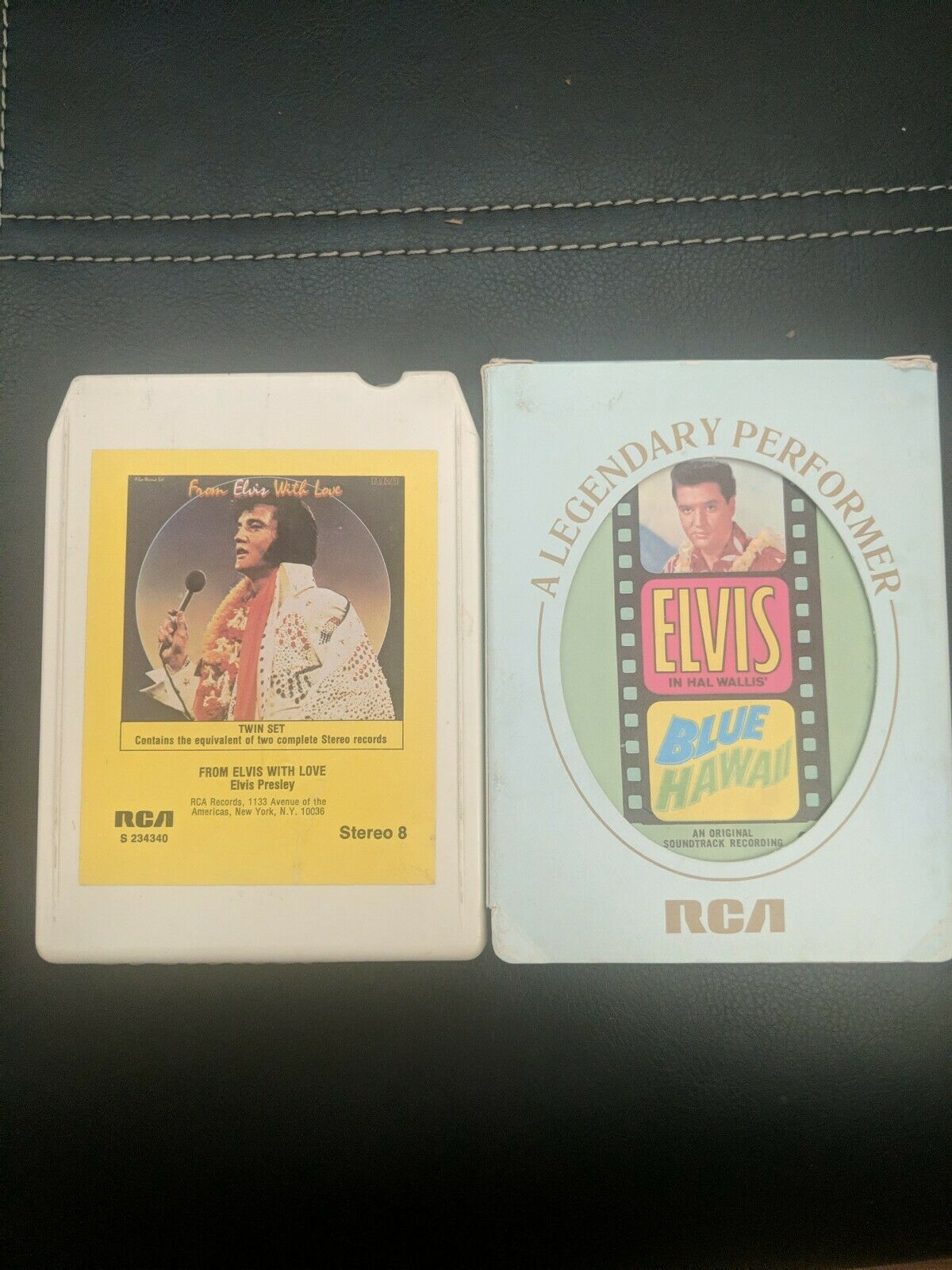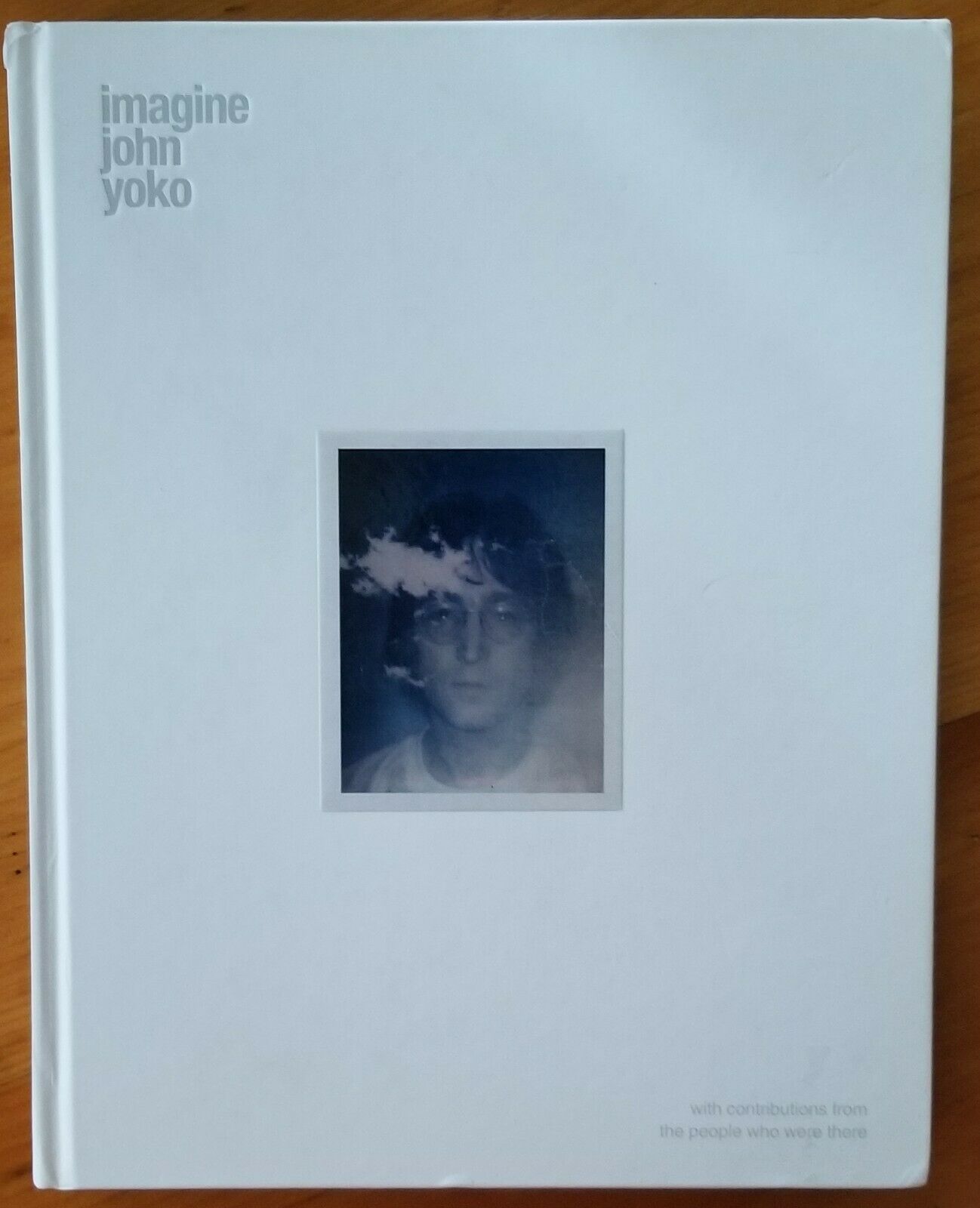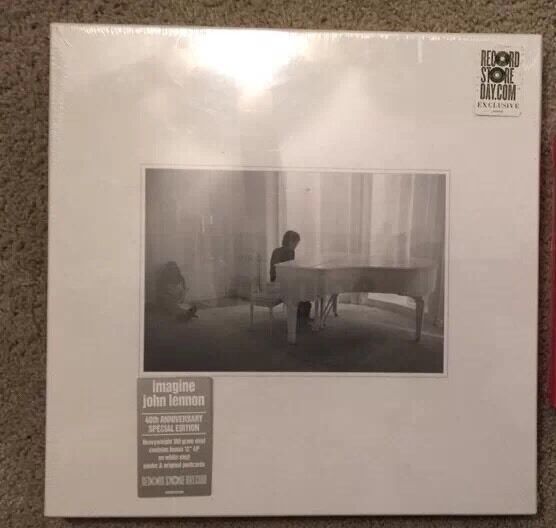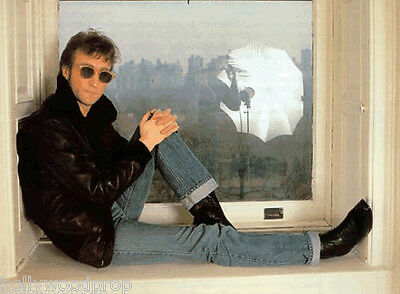-40%
John Lennon Absolute Elsewhere Box Set Slipcase booklet 1998 Vigotone Mind Games
$ 102.96
- Description
- Size Guide
Description
Tight A$ was described by John in 1973 as being a stream of consciousness composition, i.e. "tight as this, tight as that". Apparently John's appreciation of the tune waned over the past seven years as he described it to Playboy's David Sheff in September of 1980 "Just a throwaway track. I just felt like doing that kind of song. Sun records, early... whatever you call it, Tex-Mex or whatever sound which they're actually all doing now if you listen, you could play that now and it would be au courant, but I don't think many people were doing it then". Three drastically different rough mixes of Take 4, the commercially released version, appear here prior to editing and overdubbing of the final vocal. All feature a slick, extended guitar solo from "Spinozza", not to mention some inspired steel from Sneaky Pete. On these rough mixes of the basic track, you can hear drummer Jim Keltner lose his stick, but not the groove. And groove it does. If you don't get the urge listening to this track, your feet must have been nailed to the floor. The electric guitar demo on this collection opens with the lick from the Walls And Bridges instrumental, Beef Jerky.Aisumasen (I'm Sorry) first appeared in 1971 as "Call My Name", several different demos of which are featured on this collection. The first features John on solo electric guitar while Yoko conceptualizes with an unknown associate in the background. The second comes from the soundtrack of 'Clock', which was recorded in John and Yoko's suite at the prestigious St. Regis Hotel, shortly after their September, 1971 arrival in New York City. The final demo, on acoustic guitar, finds the composition near completion. The song apparently made the transition to 'I'm Sorry' following John's reported indiscretion at Jerry Rubin's apartment while watching the 1972 Presidential Election returns. John commented to David Sheff in 1980 and Tony Prince in 1973: "Aisumasen means excuse me or I'm sorry, that's the actual translation. It's my first attempt to speak Japanese, and the first word I learn is I'm sorry Yoko. That's another I call your name Yoko - a message to Yoko because I couldn't say it in real life maybe, I don't know. I mean not real life, records are real life but, but I could express it in song. Of course anybody that lives together you're bound to tread on each others toes now and then right? So that was just one occasion and instead of just keeping it to myself I just made a song out of it." Two rough mixes are included here in addition to the collection of demo recordings.
One Day (At A Time): "Well, that's just a concept of life, you know. How to live your life, one day at a time. You can only deal with one at a time no matter what you think. I don't wanna spend too much time on the future or the past, the future you can plan for, but there's nothing you can to about it until you get there. It was Yoko's idea for me to sing it in falsetto, I wrote it and recorded it and then I could hardly reach the notes, so she said sing it in falsetto." The rough mixes appearing here thankfully lack Yoko's suggestion and the annoying background vocals which all but ruined the commercial version. In July of 1974, while leaving his mark on Elton John's cover of Lucy In The Sky With Diamonds, John also contributed guitar to the B-side, Elton's own rendition of One Day (At A Time).
Bring On The Lucie (Freda People) is undoubtedly a leftover from Some Time In New York City, and first appears here as a dobro demo from 1971. Titled "Free The People", it consisted simply of anti-establishment sentiments chanted over an endless, repeating chord pattern. He recalled the track as "just another throwaway attempt. It didn't really work - the sound of the track's not bad, I mean I wasn't clear in my mind on Mind Games. There's some nice sounds on it, but obviously I'm not thinking as clearly as I was before". And just what the hell is a Lucie anyway? "Well it could be anybody, sometimes I just come up with a non-sequitur title, it could be any of those political hacks or leaders that are messing around with our lives." The rough mix consists of little more than the basic track before overdubs and lacks Sneaky Pete's distinctive pedal steel, John's final vocal and the vocal talents of "Something Different".
Side one of the Apple LP closed with the Nutopian International Anthem, John and Yoko's inoffensive musical theme for their conceptual nation. In keeping with the theme of the alternate album, we have chosen to simply include the basic track in stereo.
Side Two opens with Intuition, of which this collection features two demo takes on piano in addition to the rough mix of the basic track. David Sheff had to prompt John with the lyrics, as the track obviously had a lasting impression its composer. "Well what's it say I can't remember." "My intentions are good I use my intuition, it takes me for a ride" "'Cause I was gettin' confused, you know" "yeah it seemed like suicide, as I play the game of life I try to make a better each and every day. And when I struggle in the night the magic of the music seems to light the way" "well it didn't did it? I had to get away from the music to, to get some light into my life then" "But then it says Intuition takes me there, so in a way was it music you were talking about then?" "Yeah, well and my intuition. I have a good intuition which has saved me from many a disaster just, and so I was talkin' to myself really, 'cause I was a bit confused then, and I was thinking well I'll just have to rely on my intuition to get me out of this confusion".
Out The Blue is probably one of John's most overlooked and underrated ballads. This collection is graced with three rough mixes, two of which contain an extended instrumental coda which was excised from the commercial release, the third being quite similar to the commercial version. Ever humble, John simply remembered the track in 1980 as "just another kinda love song. Nothin' special". At the time of the album's release, he described Aisumasen and Out The Blue as "two aspects of one relationship. People tend to think oh he's just always singin' about Yoko, but if somebody else sang it, it would be about another woman."
Only People followed next on the LP, and is represented here by two distinctly different rough mixes. The first lacks the overbearing backing vocals and displays the strength of the melody. A strength John was obviously aware of, as he commented to David Sheff in 1980: "That was a failure as a song. It was a good lick, but I couldn't ever get the words to make sense. It had possibilities of being a good hit record, but I could, I never got it to work - it didn't work". One must wonder what John expected with lines like "we don't want no pig brother scene". If one listens carefully, traces from an earlier Lennon composition, Sally And Billy, can be picked out.
I Know (I Know) "It's sort of complicated but sometimes you say things, but it's not really what you meant to say. If I say something to you and you hear it different from what I've said it, and you answer back and we're not really getting down to it. I'm really talking like that you know. Like somebody says 'do you want ice cream?' and I'll say no, and actually I meant yes. You find yourself saying the opposite of what you mean. This happens to me quite a lot. I speak a lot, but what I say in not always what I mean." He later described it as "Just a piece of nothing". One wonders if he really meant it. Three single tracked acoustic guitar performances appear here, and are followed by a lengthy demo sequence as John double tracks his lead vocal. Listen for the "Beatlesque" harmonies present on the earlier takes. Five rough mixes of the released take in various stages of completion are also included, with slight but effective differences.
You Are Here lulls us into a relaxing mood, and John's recollections of the track were equally hazy: "I sort of attempted a Latinesque song in a ballad tradition". This unedited rough mix of the keeper take contains an additional, albeit unfinished verse which was cut before release: "From mystical to magical...From temple scenes to village greens, let there be light". Once again, the dissonant "Something different" has yet to be added, and the lack of this additional production only emphasizes the strength of the composition.
Meat City also has its origins in 1971, first appearing as Shoeshine (aka: Just Go To Get Me Some Rock 'N' Roll). This one-off recording nonsensically combined football pools and rock 'n' roll in an incomplete lyrical mess. The melody was re-worked with an equally obtuse lyric as Meat City in 1973. A demo sequence consisting of two performances on electric guitar appears here. John remembered the track as "A piece of garbage, it's just an expression I picked up from somewhere and tried to make a song out of it. Trying to play around with words and rhythm, it's got a peculiar rhythm on it. We all go through different trips in our head. We think 'well it's if I was in the countryside it would be better'. Then when you're in the countryside you think 'well I miss the city, if I was in the city, that would be better'. It's sort of saying I've been all over the place and it's all the same. The grass is greener." Almost as groovy as Tight A$, an outstanding rough mix appears here, and features a slick harmony lead vocal from John. The lyrics are actually discernable as the vocals have yet to be bathed in echo. Also appearing on this collection is the American single mix, a shocking reminder of the muddy production with a subtle difference.
Rock 'N' Roll People as performed by its composer first appeared on the 1986 release Menlove Ave. The commercially released version was a heavily edited composite of back to back takes recorded on August 4, 1973. Five takes of "the one left in the can" appear here. The first evidence of the track comes from a piano demo recorded in late 1970 and found on the same tapes as the Make Love, Not War and I Promise demos appearing on this collection. An electric guitar demo recorded in 1973 along with the demos for Tight A$ and Meat City is also included. We then zoom ahead to Friday, August 1, 1973 and present two takes from that session. The first, Take 6, can't break down for trying, and lacks David Spinozza's lead guitar overdubs which appear on the second - Take 7. Three more takes, from Monday the 4th follow, the last two (Takes 6 & 7) being used for the Menlove Ave. release. The tune first appeared commercially on the blues guitarist Johnny Winter's late 1974 LP, John Dawson Winter III which incidentally was produced by Record Plant Engineer Shelly Yakus. John apparently never went on record about this composition, and judging from his comments towards the tracks he chose to release it's probably for the best.
Also included are a few bits of studio nonsense generated by former Apple A & R man, Tony King. The two off the wall radio spots didn't do a whole lot to generate sales, but they are certainly entertaining. Another Menlove Ave. track, Here We Go Again, also dates from this era. This Lennon-Spector composition was committed to tape towards the end of 1973 during the self destructing Rock 'N' Roll sessions. This collection presents take 2 of John's acoustic guitar demos (Take 1 was a false start), introduced by John as "Here We Go Again, again". And wrapping things up are two takes of a previously unheard Lennon composition titled "Just Because" which was found tucked away at the end of the double-tracked demo tape for 'I Know (I Know)'. The composing sequence consists of two "takes", the first relying heavily on the lyrics of the Elvis Presley standard , while the second nearly hypnotizes the listener with its repetitive workings. Just as we're about to drift off, John shifts direction and begins work on the chorus of a more familiar title, the likes of which will fill our next volume from the Lennon archives.
Officially released as CD-Rs
